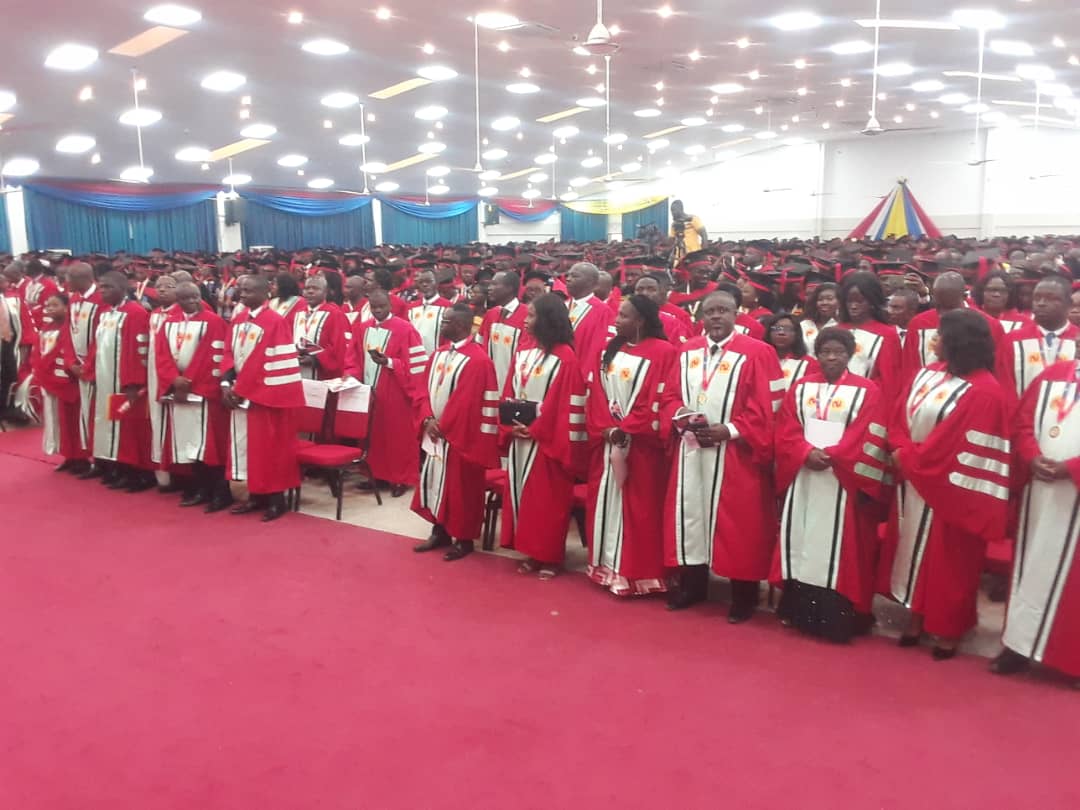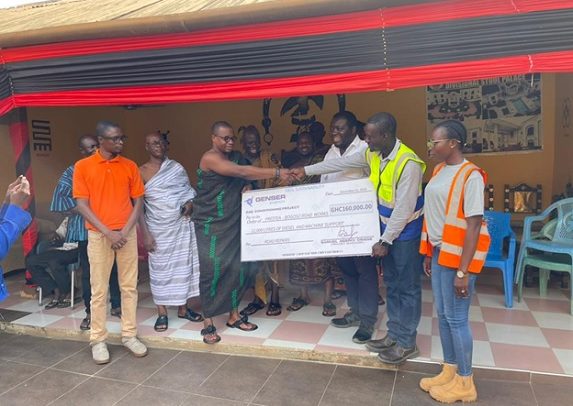
By Ernest Bako WUBONTO
The establishment of the Ghana Sports Fund (GSF) and the infrastructure drive, as announced by Finance Minister Cassiel Ato Forson in the 2026 Budget is highly relevant to directly address athlete welfare, grassroots participation and international competitiveness in the near future.
This will prioritise investments in the welfare of athletes, expand sports infrastructure and talent discovery, creating a more sustainable ecosystem for sports development in Ghana.
The GSF, designed to provide structured financing for athlete welfare, training and talent development, is highlighly commended by experts in the sports fraternity as this will ensure athletes have consistent support rather than ad hoc funding.
Traditional challenge
In August 2021, the Chief Executive Officer (CEO) of the Ghana Athletics Association (GAA), Bawa Fuseini, suggested that inadequate preparations due to insufficient funding played a significant role in the country’s poor performance at the Tokyo Olympics Games.
Bawa Fuseini admitted that insufficient funds meant the athletes were unable to compete in enough high-profile events before travelling to Tokyo. Thus, the athletes had less than ideal preparations in the lead-up to the games.
In 2024, athletes were calling on the government to settle unpaid allowances few days to their participation in the Paris Olympic Games.
This is just the previous two editions scenario of a recurrent occurrence anytime our athletes are to go for international competition.
In January 2025, one of the country’s top sprinters, Benjamin Azamati, appealed to the government to financially support athletes in a sustainable manner to aid in talent development for the country. A move, he believed would help the country secure glory at the international level.
A sustainable funding source, he argued, will end the seasonal tradition of athletes struggling to secure funding to international competitions to represent the country.
The relevance
The GH?200million allocated for the construction of mini stadia across the country, expanding access to facilities in communities, is a critical infrastructure drive to enable access to all irrespective of location and gender.
Mini stadia decentralise sports infrastructure, allowing rural and peri-urban communities to access facilities. This encourages youth participation, talent identification and community engagement in sports.
Sports Minister Kofi Adams, in a recent interview, alluded that by prioritising welfare, Ghana reduces the risk of losing talent to other advanced countries or discouraging athletes due to poor support systems.
Again, structured funding through the GSF ensures predictable resources for training and healthcare. Adequate preparation and logistics reduce performance gaps compared to better-funded nations.
Sports achievements
In a budget presentation to Parliament, the Finance Minister announced a landmark government initiative to establish the Ghana Sports Fund, aimed at creating a sustainable financial backbone for the nation’s athletic ambitions.
The move comes on the heels of what the minister described as a period of exceptional achievement across the sporting spectrum.
He pointed that the government’s sustained investment in sports has yielded a remarkable harvest of international success, this includes the Black Stars’ successful qualification for the 2026 FIFA World Cup, while the Black Queens secured a bronze medal at the Women’s Africa Cup of Nations.
At the grassroots level, Ghana’s U-15 Girls’ team were crowned CAF African Schools Champions, with the U-15 Boys’ finishing third.
Beyond football, the Golden Palms defended their title at the African Youth Baseball Championship and the GRA Ladies Hockey team retained their continental crown.
On the track, athletes Anita Afrifa and Rose Yeboah set new national records, while para-athletes Zinabu Issah and Gilbert Ampiah brought home medals from international competitions in Morocco. Sprinter Abdul-Rasheed Saminu further cemented the nation’s athletic prowess by ranking among the world’s top 100m runners.
The nation’s strength was also on display at the African Arm-wrestling Championships, where Team Ghana clinched an impressive haul of 55 medals.
The country successfully hosted the 2025 CAA Region II Senior Athletics Championships, securing 23 medals and showcasing organisational capability alongside athletic talent.
Way forward
Looking ahead to 2026, the government has pledged significant investment in athlete welfare, sports infrastructure and nationwide talent development.
This preparatory push is geared toward major upcoming events, including the FIFA World Cup and the Commonwealth Games. In a parallel move to uphold sporting integrity, the government will finalise its Anti-Doping Regulations to enforce clean competition.
A major infrastructure drive will see the construction of modern stadia commence in three of the eight regions currently lacking such facilities.
The Ministry of Sports will also advance the legislative framework for establishing a National Sports College and a Sports University.
The budget also mentioned that to ensure a robust pipeline of future champions, the Sports Ministry will organise a comprehensive series of inter-school, district and regional sports competitions across the country. The enabling bill and regulations for the new GSF are scheduled to be laid before Parliament in the coming year.

The post Sports fund & infrastructure drive in the 2026 Budget apt appeared first on The Business & Financial Times.
Read Full Story





















Facebook
Twitter
Pinterest
Instagram
Google+
YouTube
LinkedIn
RSS